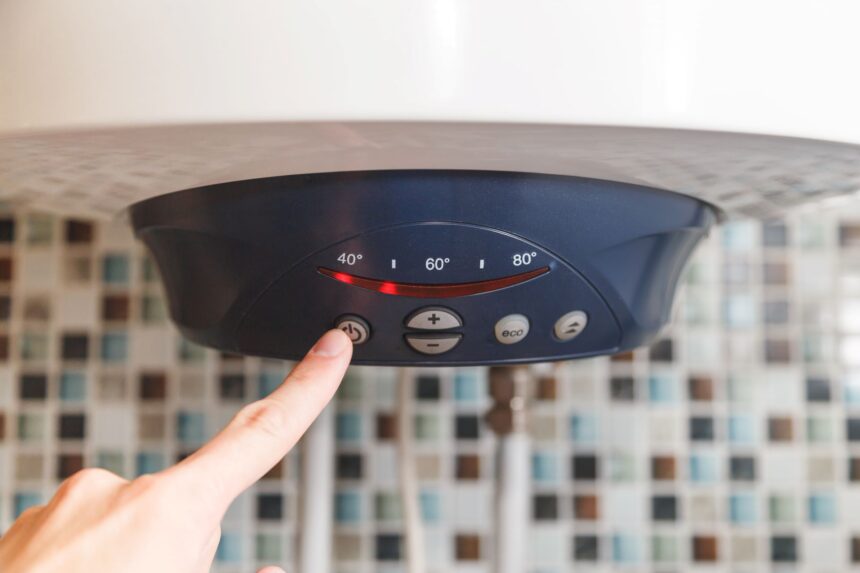Are you thinking of replacing the heating system of the household water or maybe building a new house and you want to make the best choice? The answer is not always simple and depends on more factors. When it comes to heating household water, each solution has its advantages and disadvantages. Let’s take a detailed look at the costs and comparative efficiency of the moments and boilers, to help you make the right decision for your needs.
What is an instant and how does it work?
The instant, also known as the water heater on instant gas or flow heater, is a device that heats water upon request. Thus, water is heated quickly at the time of opening of the tap, which means that there is no waste of energy to maintain a hot water supply as well asMakes a boiler. It uses a source of energy, often natural gas or electricity, to heat water, thus providing a continuous flow. The energy efficiency of an instant may vary, but modern models are often designed to be as economical as possible.
Water moments – advantages and disadvantages
One of the main advantages of an instant is that it produces hot water only when needed, thus eliminating the costs associated with keeping water temperature in large tanks, as it does a traditional boiler. This characteristic can lead to significant energy savings and, implicitly, to reduced utility billing. However, the disadvantages may include higher costs to purchase and install, as well as limitations in terms of the volume of hot water available simultaneously.more points of use.
Boilers: characteristics and operation
On the other hand, boilers store a specific quantity of water and keep it at a constant temperature, ready to use. Many households prefer this method because of the possibility of using hot water at several points simultaneously, without encountering the problem of temperature or flow drops. Also, boiler efficiency has increased in recent years due to improved insulation and more efficient heating technologies.
Costs and savings: instant versus boiler
As far as the initial costs are concerned, the moment may be more expensive than the boilers, and yet their installation may require additional work, especially theThat’s why you’re replacing a boiler with an instant. In the long term, however, an instant can generate energy savings that compensate for the initial investment. It is important to analyse the running costs for both options. Recent studies show that an instant of the last generation can reduce water heating costs by 20-30% compared to a traditional boiler. Also, the lifespan of an instant can be longer, bringing additional savings by avoiding premature replacement of equipment.
What’s the best option for you?
The decision to purchase an instant or a boiler must take into account several factors: the size of the house, the number of people who use hot water, consumption habits and the available budget. It is crucial to sing the long-term benefits of energy savings against costs inItials higher than an instant. With the current specifications, it could be more advantageous to choose a system that offers maximum energy efficiency, even if that means a larger initial investment.
In conclusion, both instants and boilers play their part in ensuring comfort. It is essential to carefully assess our specific needs and take into account both the initial and long-term costs. Before making a decision, it would be best to consult a professional who can give us recommendations based on the specific situation of our home and lifestyle, so that we can choose the solution of heating the water that suits us best
